Tag: alternative medicine
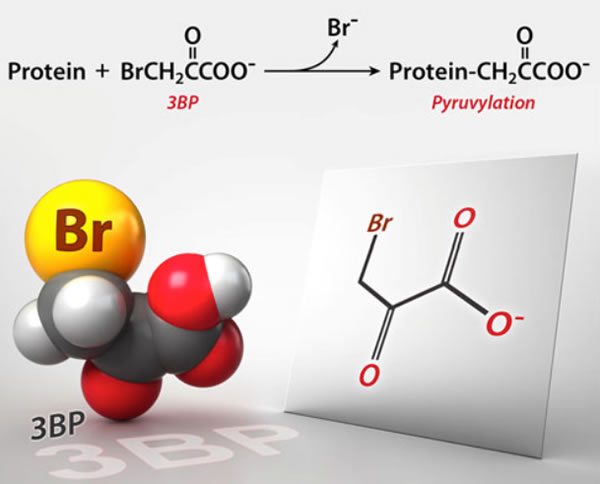
3-Bromopyruvate: The latest cancer cure “they” don’t want you to know about
Why is it that whenever naturopaths and other quacks embrace a new "cancer cure," somehow "they" (whoever "they" are) don't want you to know about it? In this case, it's 3-BP, an actual experimental drug that shows some promise but is by no means ready for prime time (or FDA approval) yet.
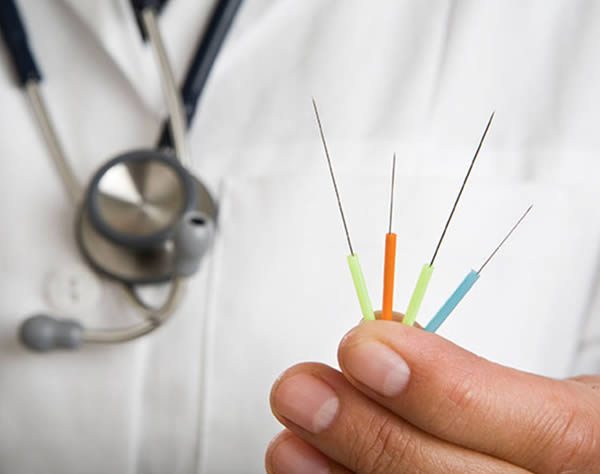
“Integrative” medicine versus “alternative” medicine
I’ve written a lot about the language issue with respect to alternative medicine. As I like to put it (at least in shortened form), first there was quackery. Quacks did not like that name at all, and thus was born alternative medicine. And the quacks did think it good—for a while. There was a problem, however. “Alternative” medicine implied (correctly, of course)...
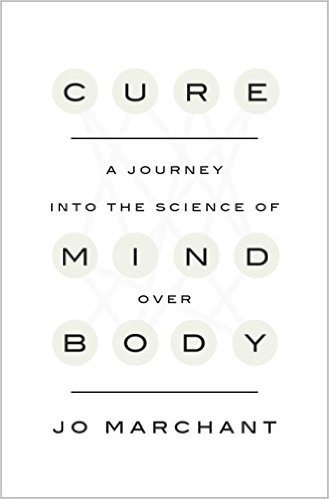
Cure Is About Caring, Not Curing: Placebos, Alternative Medicine, and Patient Comfort
In a recent post, Dr. Gorski criticized two articles by Jo Marchant on placebos and alternative medicine. He mentioned that she had a book coming out and suggested I might want to review it. The title is Cure: A Journey into the Science of Mind Over Body. I don’t know of any evidence that the mind has ever cured a disease, so...

You’ve been diagnosed with breast cancer. How soon do you need treatment?
Timely surgery for breast cancer is obviously better than delaying surgery, but how long can a patient safely wait for surgery once diagnosed. Because a randomized controlled clinical trial to answer this question would be unethical, this has been a difficult question to answer. Fortunately, a new study provides an estimate of how much of a delay it takes before outcomes start...
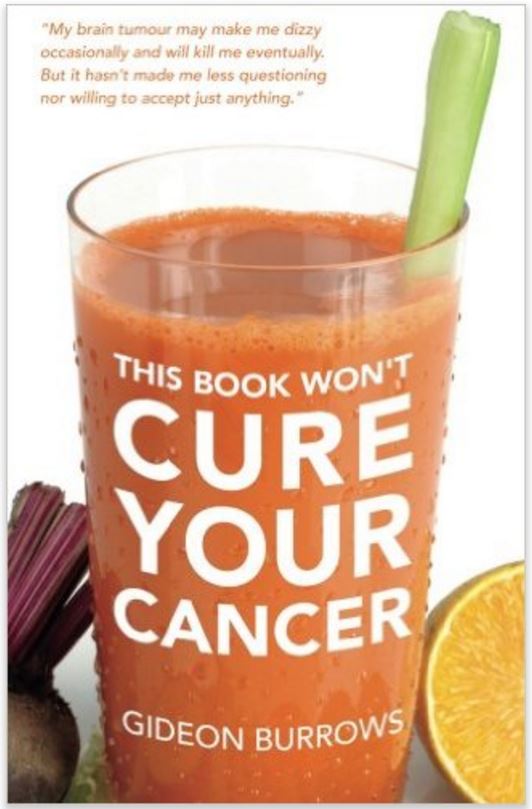
This Book Won’t Cure Your Cancer, But It Will Help You Think More Clearly About It
Gideon Burrows has an inoperable brain cancer that is slow growing but is inevitably going to kill him. He has written a remarkable book about his experience, This Book Won’t Cure Your Cancer. A professional wordsmith, he is able to describe his experience of illness so vividly that the reader enters into his life, feels what he feels, and shares his suspense...
The Enigma of Chiropractic: A Brief Review with a Perspective on Chiropractic as a Specialty
Much of what is discussed in this article has been said before in previous articles I have written for Science-Based Medicine. But since the audience for SBM has greatly increased over the past few years, some subject matter should be repeated for the new readers and researchers coming to this site for reliable information on health care. Many consumers now search SBM...

NCCIH and the true evolution of integrative medicine
There can be no doubt that, when it comes to medicine, The Atlantic has an enormous blind spot. Under the guise of being seemingly “skeptical,” the magazine has, over the last few years, published some truly atrocious articles about medicine. I first noticed this during the H1N1 pandemic, when The Atlantic published an article lionizing flu vaccine “skeptic” Tom Jefferson, who, unfortunately,...
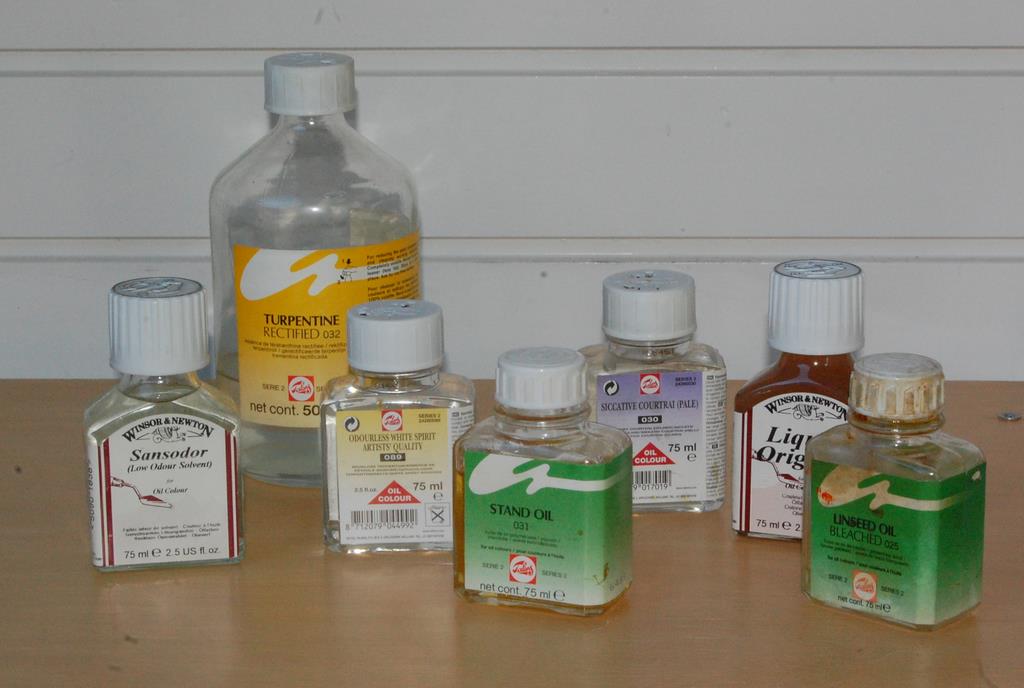
Medicine doesn’t come from the hardware store: Don’t drink turpentine
I enjoy feedback from readers. Yes, there’s the regular hate mail accusing me of being a Big Pharma Shill. But there’s the occasional appreciative comment from someone that found a post helpful or informative. The most gratifying feedback is when someone tells me that something I wrote led to a more informed health decision. Often it’s because I was able to answer...
Opposing Chiropractic: Persecution or Justified Criticism?
The saga of chiropractic began in 1895 when D.D. Palmer, a magnetic healer, announced that “95 percent of all diseases are caused by displaced vertebrae, the remainder by luxations of other joints.” Palmer opened the first chiropractic school in Davenport, Iowa, offering a three-week course of study at the Palmer School and Cure, subsequently renamed the Palmer School of Chiropractic. The school...


What Not To Say When Someone Is Sick
I understand the impulse, but you are well-advised to resist it. When someone you know has a serious illness, maybe even dying, you want to say something to them that is helpful, positive, and hopeful. The hopeful tone takes away some of the sting and the awkwardness of not knowing what to say to someone who just told you they are dying....